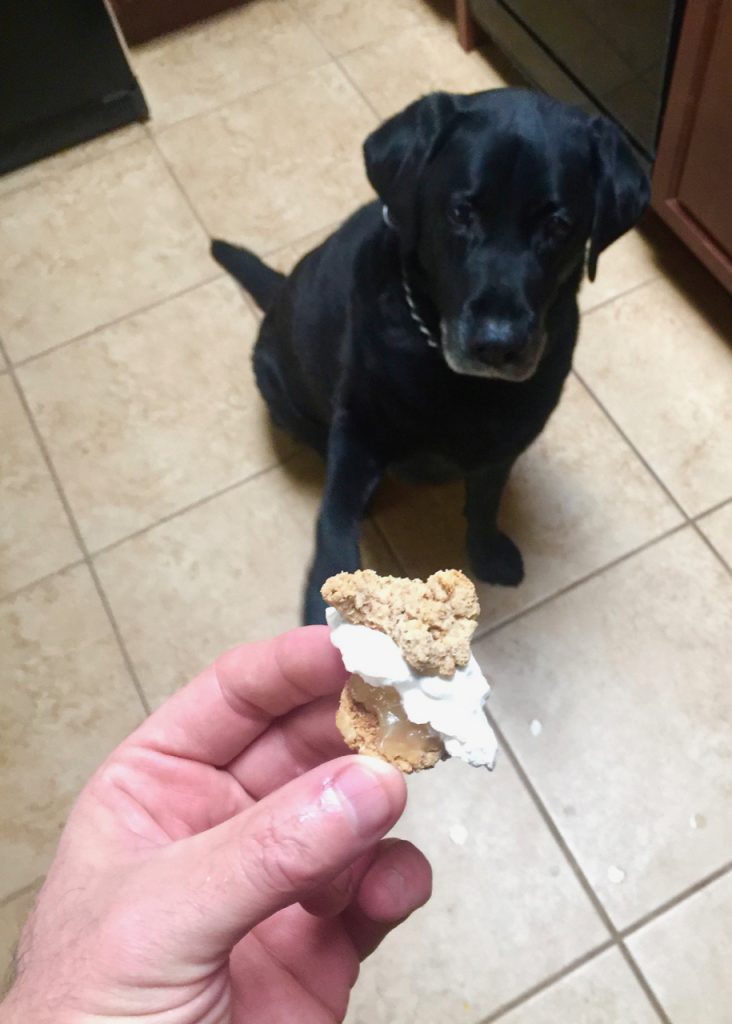“The Way of the Essentialist isn’t about getting more done in less time. It’s about getting only the right things done. It is not a time management strategy, or a productivity technique. It is a systematic discipline for discerning what is absolutely essential, then eliminating everything that is not, so we can make the highest possible contribution towards the things that really matter.” Essentialism by Greg McKeown
Something is dawning on me in my older years which never really manifested before. For years I have been doing the Ignatian work of “discernment.” We are taught it in seminary. We are taught it in church. We use it as a way to figure out what God may be calling from us and into what God may be calling. I have known clergy and bishops whose prayer life and “white-space” life was such that they did good discernment and their congregations flourished. I have known others whose pace of life and lack of prayer disabled their discernment like pulling the plug of a lamp from the wall-socket. And to great misfortune for their congregations and dioceses.
But I am learning these days as I read Greg McKeown’s best-selling book “Essentialism” that “discernment” is only half the work. Bummer since I am 54 years old but…as the Buddhists say…” start where you are.”
Discernment is important. Praying. Silence. Lists. Praying with lists. Listening to God and others. Checking gut. Checking head. Making a choice in calm waters. Knowing one’s “yes.”
But what I am learning is that discernment is only part of the work. And in a way, it is the easiest part. The hardest part, especially in our society, is the “no.” We Americans love to keep our options open. We love a million choices. We have trouble saying “no” in our over-caffeinated. over-stimulated, over-scheduled and over-drawn society. And a” no” involves grief. Loss.
As Jesus walked and taught, he spoke about what was essential. After all, He only had about 3 years to get those speeches done. We have the benefit of the writers of what we now call “scriptures.” We have Jesus’ “sayings” and in some Bibles, they are printed in red. They list what Jesus considered essential issues. And yet when I go to church I hear all sorts of non-essential words, non-essential arguments, non-essential vestry agenda items, non-essential meetings, non-essential budget items.
So, I am wondering what life would be like to be not only a Christian but also an essentialist? If I only did what Jesus discussed, what money and time would I have left in my days? Would I go to church (He never mentions it.) or would I gather eight friends around a crock-pot with wine and bread? Would I give to build a new church organ or would I give to build a homeless shelter in January with a radio in it? Would I attend a vestry meeting or would I go on a hike and sit on a log in silence, listening to God while God listened to me?

